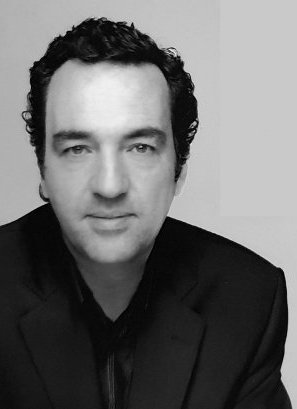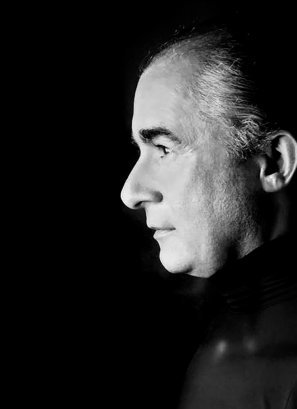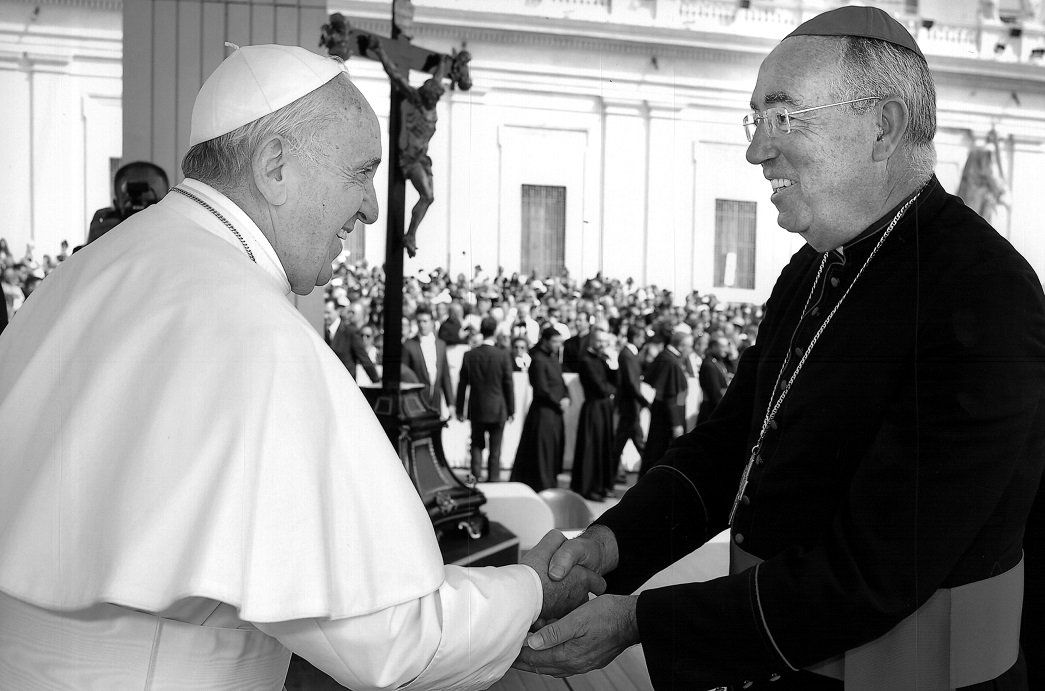
Júlio Magalhães

Joaquim Guerra
D. Jorge Ortiga
Archbishop of Braga, Primate of Portugal
Dom Jorge Ortiga has led the Archdiocese of Braga for almost two decades. Having completed 50 years of priesthood last year, and this year 30 years as a bishop, he is less than a year away from turning 75. In this interview, the archbishop born in Brufe, Vila Nova de Famalicão, speaks about the Archdiocesan Family Support Service, which has been working to welcome the remarried into the Church, about the youth of Braga and Pope Francisco, a man in whom he acknowledges merit for tackling problems that others ignored.

You were given much credit for the way you have handled access to communion of remarried divorcees. Has the Church been able to face its problems head-on?
My intention was to talk about the family in all its beauty and complexity. I launched the challenge of ‘building [the family] on the rock’, starting from the physiognomy of conjugal love. I did not ignore, at the same time, various weaknesses: domestic violence, lack of dialogue and marital ruptures. The newly established Archdiocesan Family Support Service has been our linchpin in these areas, as well as a possible access to communion following discernment. I believe that the Church has been able to face the problems. It is necessary, however, to be aware that these are new problems which call into question ecclesial practices of many centuries and which therefore require a personalised, cautious and specialised approach.
How has the Archdiocese won over young people in one of the most youthful cities in the country?
The Archdiocese has been at young peoples’ sides in two ways. First, through its structures: the Youth Pastorate, the University Pastorate and the youth movements. I would remind you that one of them, Scouting, is the largest associative power in the region. With regard to the university world, I confess that I could not rest until I had built a University Pastoral Centre. It is right next to the University of Minho and is a space for receiving people, dialogue and culture. Secondly, we find it more important to listen to young people and give them a leading role than to offer ready-made responses.
«A contradictory Church loses all its prophetic credibility»
Does the Church of Braga miss Canon Melo?
The Archdiocese of Braga is grateful to all the priests who have lived their lives for the Church. We cannot, therefore, forget the generous soul and the sense of presence of Canon Melo in many civil and ecclesial situations. Opinions of him differed, but everyone recognizes that his priesthood was very interventionist, positive, and undeniably zealous.
To what extent has the figure of Pope Francis contributed to a (necessary?) Revolution within the Church?
Pope Francis is the Pope for today. He has been a master in the art of sowing hope, a leader of world importance and a pedagogue of timeless values. He attacks problems face-on when many only wash their hands of them: hunger, outsiders, refugees, the discarded, the economy, ecology, etc. People of this calibre and courage are rare. His commitment to the problems of the world, he also places in the Church. The reason is simple: a contradictory Church loses all its prophetic credibility. Basically, the contribution of Pope Francis has been to purify the Church so that it recovers its prophetic strength.






